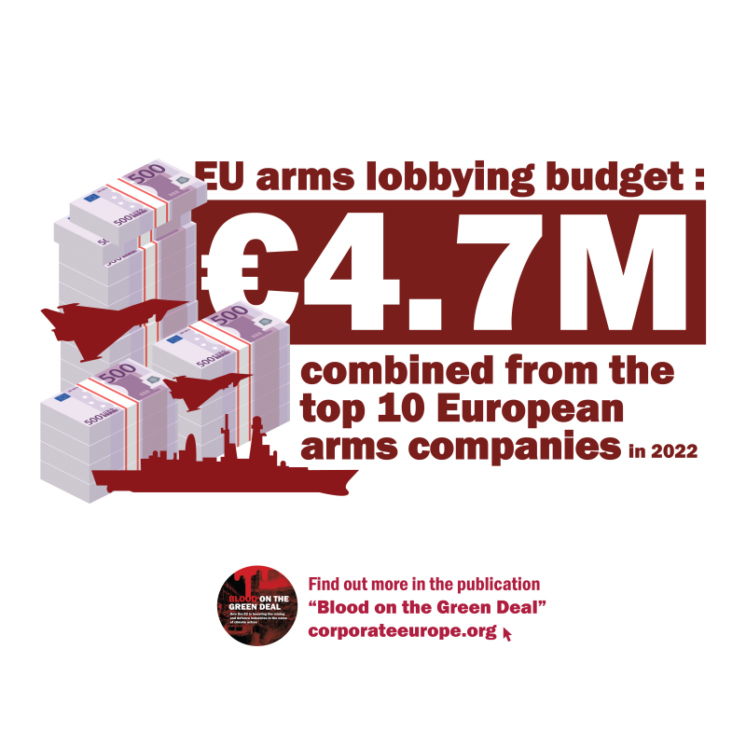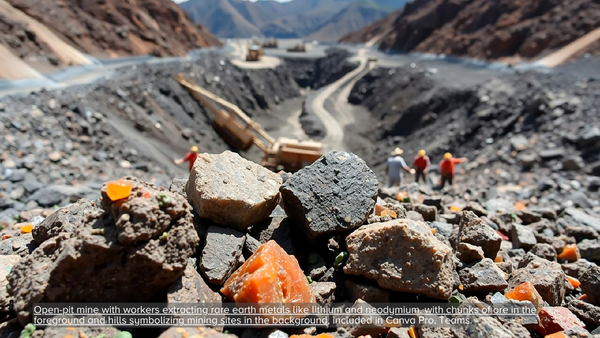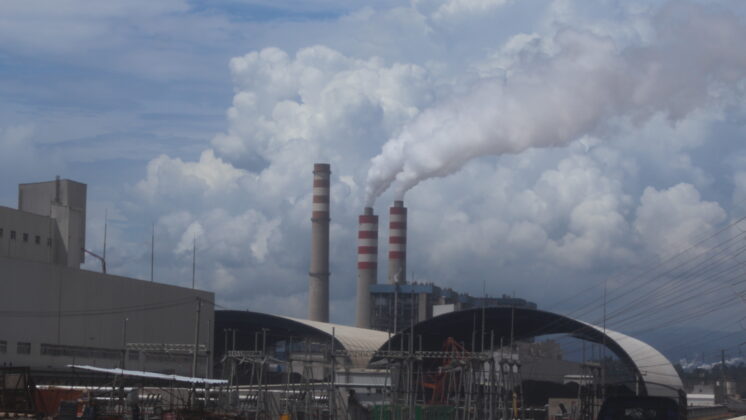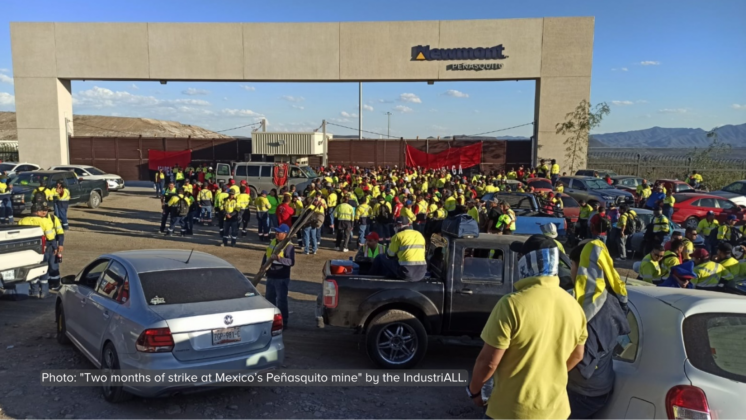This report the Observatoire des Multinationales in Paris and Corporate Europe Observatory in Brussel criticizes the EU Critical Raw Materials Act (CRMA) for being influenced by industries unrelated to the energy transition, like defense and aerospace. It argues that these sectors have swayed the CRMA to classify certain minerals as ‘strategic’, despite their limited role in the energy transition, thereby benefiting from financial support and relaxed environmental regulations. This approach contradicts EU climate objectives and undermines the Green Deal’s legitimacy, leading to wasted resources and increased costs for taxpayers and consumers.
 Photo: Corporate Europe Observatory
Photo: Corporate Europe Observatory 








